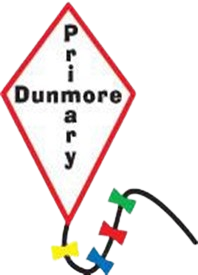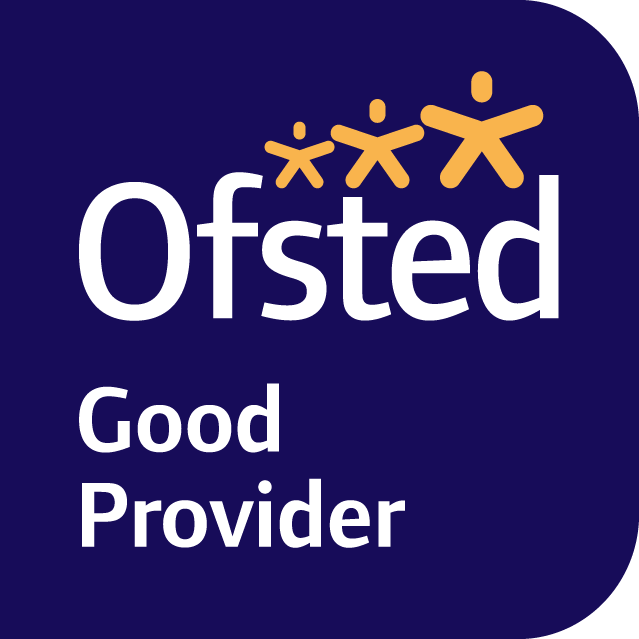Curriculum
At Dunmore, we offer an enriched and enhanced curriculum through a wide range of experiences.
It is our intent that ALL pupils make good progress across all subjects through our inspiring, inclusive, broad, balanced, relevant and tailored curriculum.
It is our intent that children are inspired by the work of others and their own work, to have high aspirations and are motivated by the subject content.
Inclusivity is at the heart of Dunmore's work and so our curriculum provides opportunities for all.
Our broad and balanced curriculum ensures that children have opportunities to experience every curriculum subject.
Our relevant curriculum enables children to be prepared for the next stage of education in the 21st century.
Our tailored curriculum supports individuals with their own learning journey to meet their own needs.
For parents/carers, we publish a curriculum letter to share the learning for each half-term. They can be found on the year group pages under the 'Life at Dunmore' tab.
If you would like to find out more about our curriculum, then please speak to your child's class teacher, phase leader or any senior leader. Our Subjects Schemes of Learning can be found via this link: Subjects
For further details of how we at Dunmore include all pupils in our broad, balanced, relevant and tailored curriculum, please refer to the appropriate policies on the policies tab (e.g. Teaching and Learning, SEND) and to our Pupil Premium Strategy.
Curriculum Overviews
Dunmore Music Development Plan 2025-2026 All Years
National Curriculum Assessments
Primary school pupils in England take part in the:
- Reception baseline assessment: within the first 6 weeks of entering reception.
- Early years foundation stage profile assessment: between April and June of the academic year in which they turn 5 (usually the reception year).
- Phonics screening check: in June of year 1.
- Key stage 1 tests: optional, at the school’s discretion, at the end of year 2.
- Multiplication tables check: in June of year 4.
- Key stage 2 tests (sometimes referred to as SATs): in May of year 6.
You will find more information about the individual assessments below.
Reception baseline assessment: information for parents - GOV.UK
Phonics screening check: information for parents - GOV.UK
Optional key stage 1 national curriculum tests: information for parents - GOV.UK
Multiplication tables check: information for parents - GOV.UK
Key stage 2 national curriculum tests and results: information for parents - GOV.UK
The Parental Right of Withdrawal from Religious Education
Religion and belief have become more visible in public life in recent years, making it important that all pupils should have an opportunity to engage in RE. However, the parent of a pupil at a community, foundation or voluntary school (or pupils themselves if they are aged 18 or over) may request that they be excused from all or part of the religious education (RE) provided.
Parents who wish to withdraw their children from RE should be aware of its aims and what is covered in the RE curriculum and that they are given the opportunity to discuss this if they wish. It should be made clear whether the withdrawal is from the whole RE curriculum or specific parts of it. No reasons need be given.
Important - limitations to withdraw
- If pupils are withdrawn from RE, schools have a duty to supervise them, though not to provide additional teaching. A pupil may be required to work in another area of the school, such as the library or break-out area.
- Whilst parents or carers have a right to withdraw children from RE, they should note that children may also encounter religions and beliefs and wider aspects of faith in other areas of the curriculum from which there is no right of withdrawal.
- On occasion, spontaneous questions about religious matters are raised by pupils or issues related to religion arise in other curriculum subjects such as history or citizenship (PSHE). For example, schools promote community cohesion and help pupils to understand ideas about identity and diversity, feelings and emotions within both religious and non-religious contexts.
Managing the Right of Withdrawal
Where a request for withdrawal is made, the school must comply and excuse the pupil until the request is rescinded. Though not legally required, it is good practice for a head teacher to invite parents to discuss their written request.
If you wish to exercise your rights, then the head teacher would welcome a conversation. Please contact the school office on 01235 520550 to make an appointment.
(Section 71(3), School Standards and Framework Act 1998).

